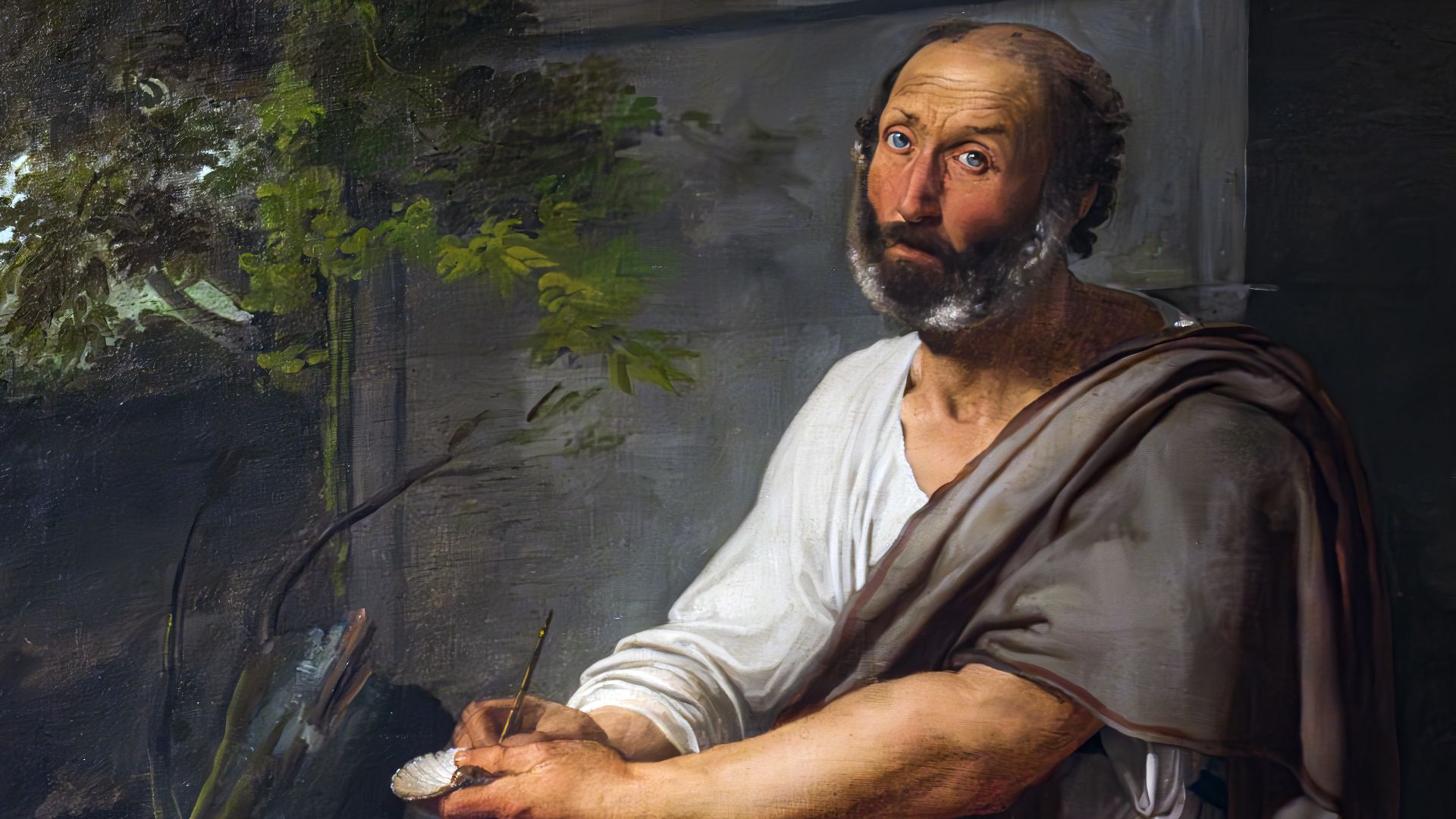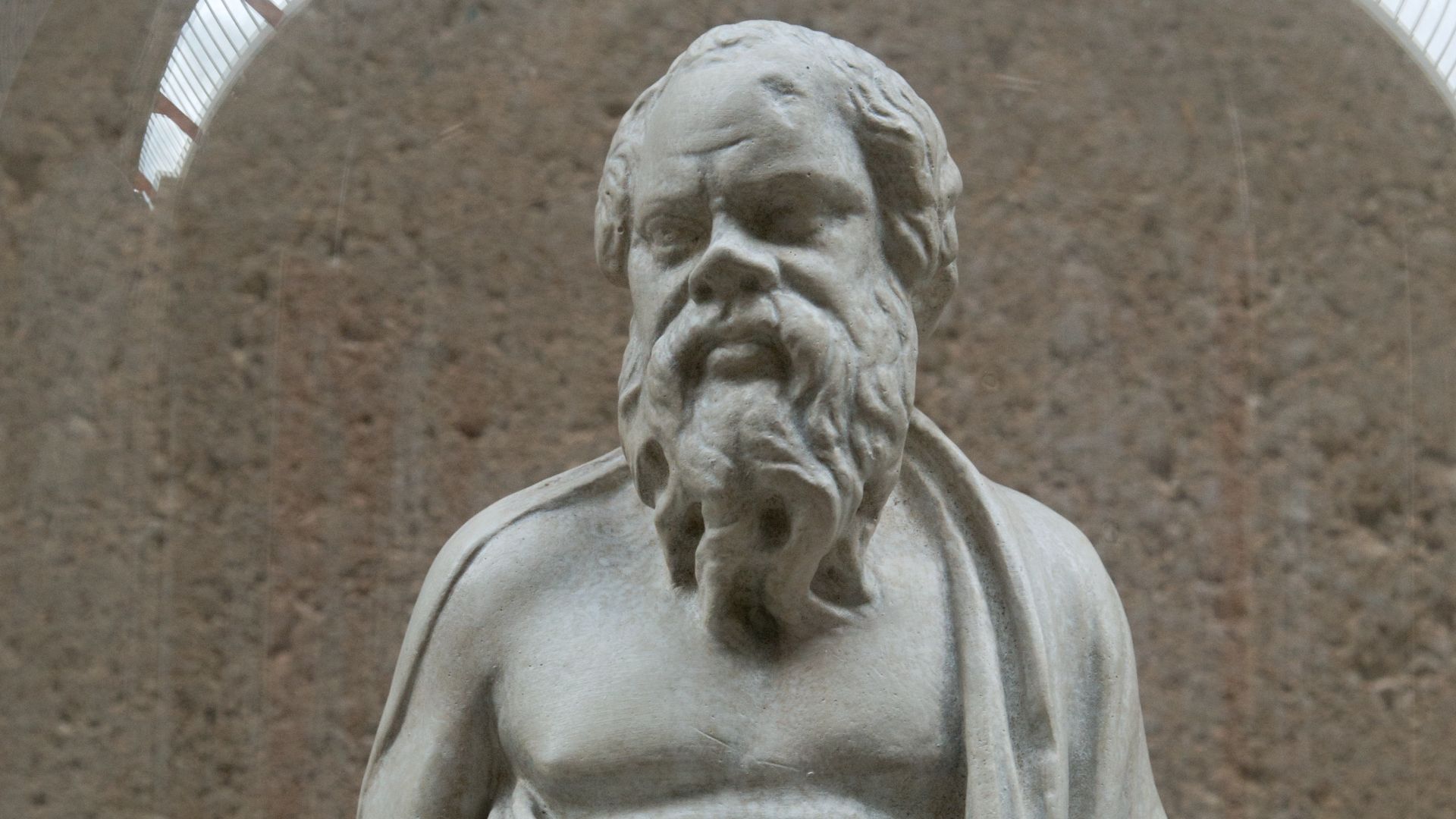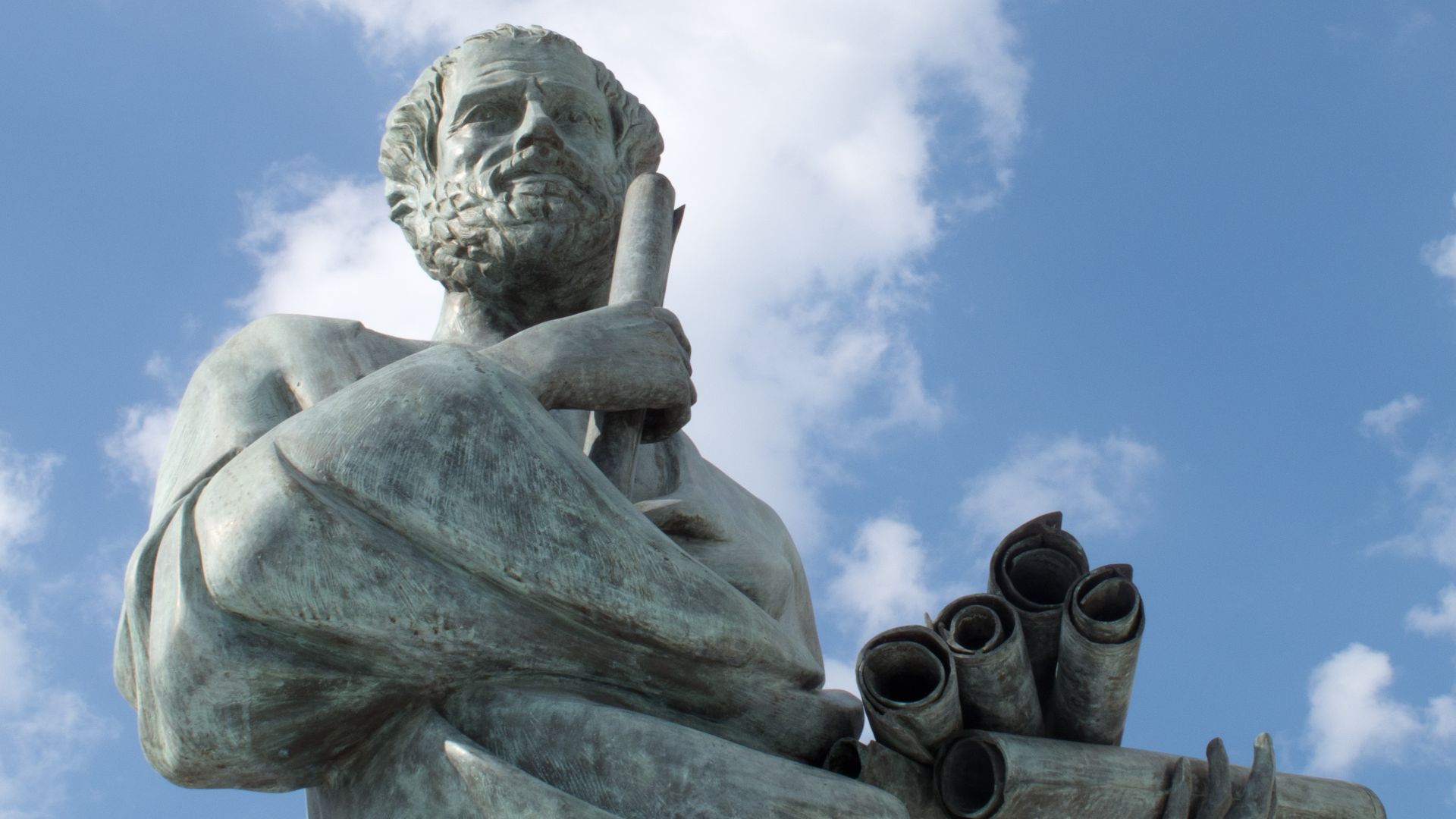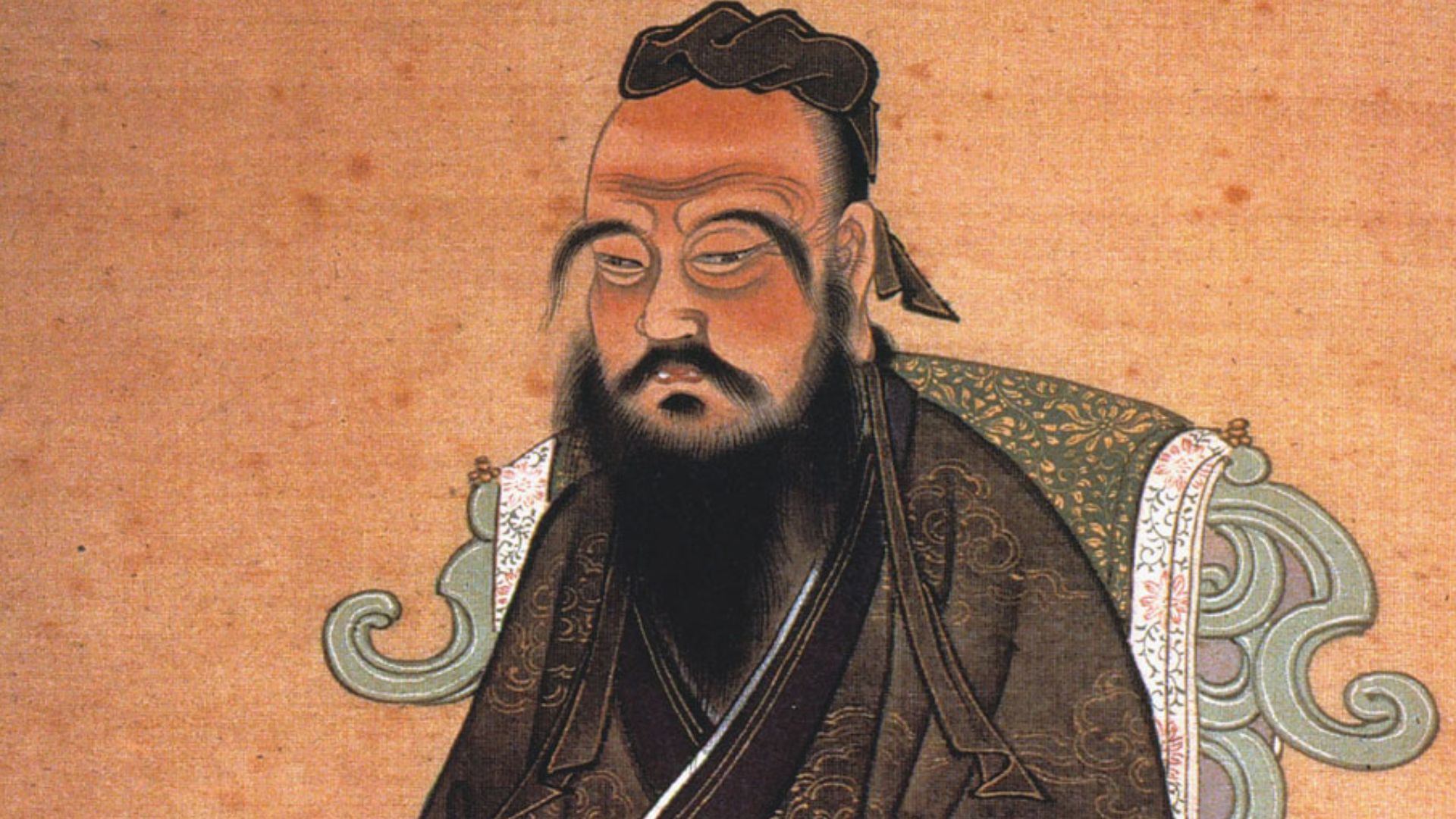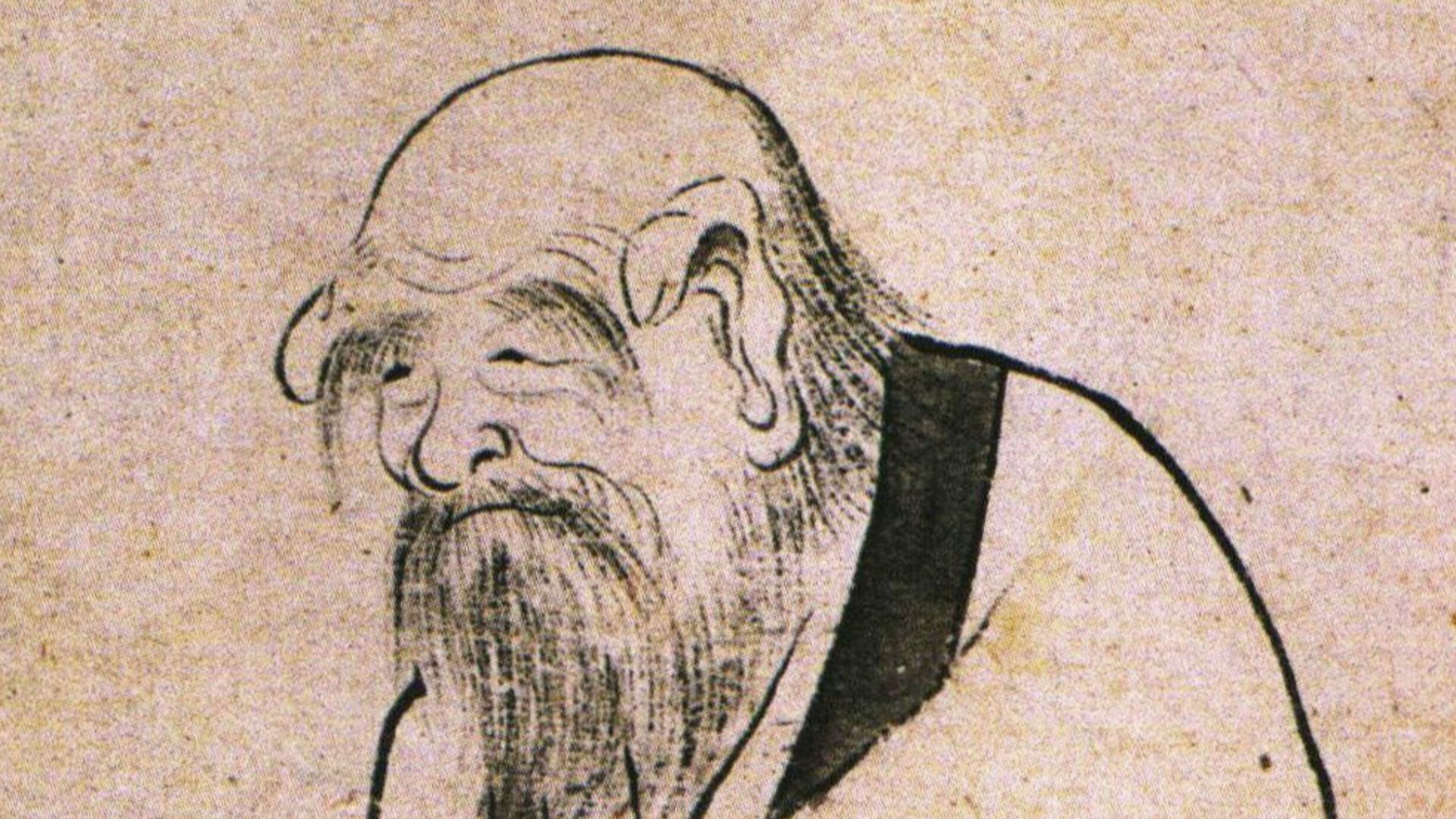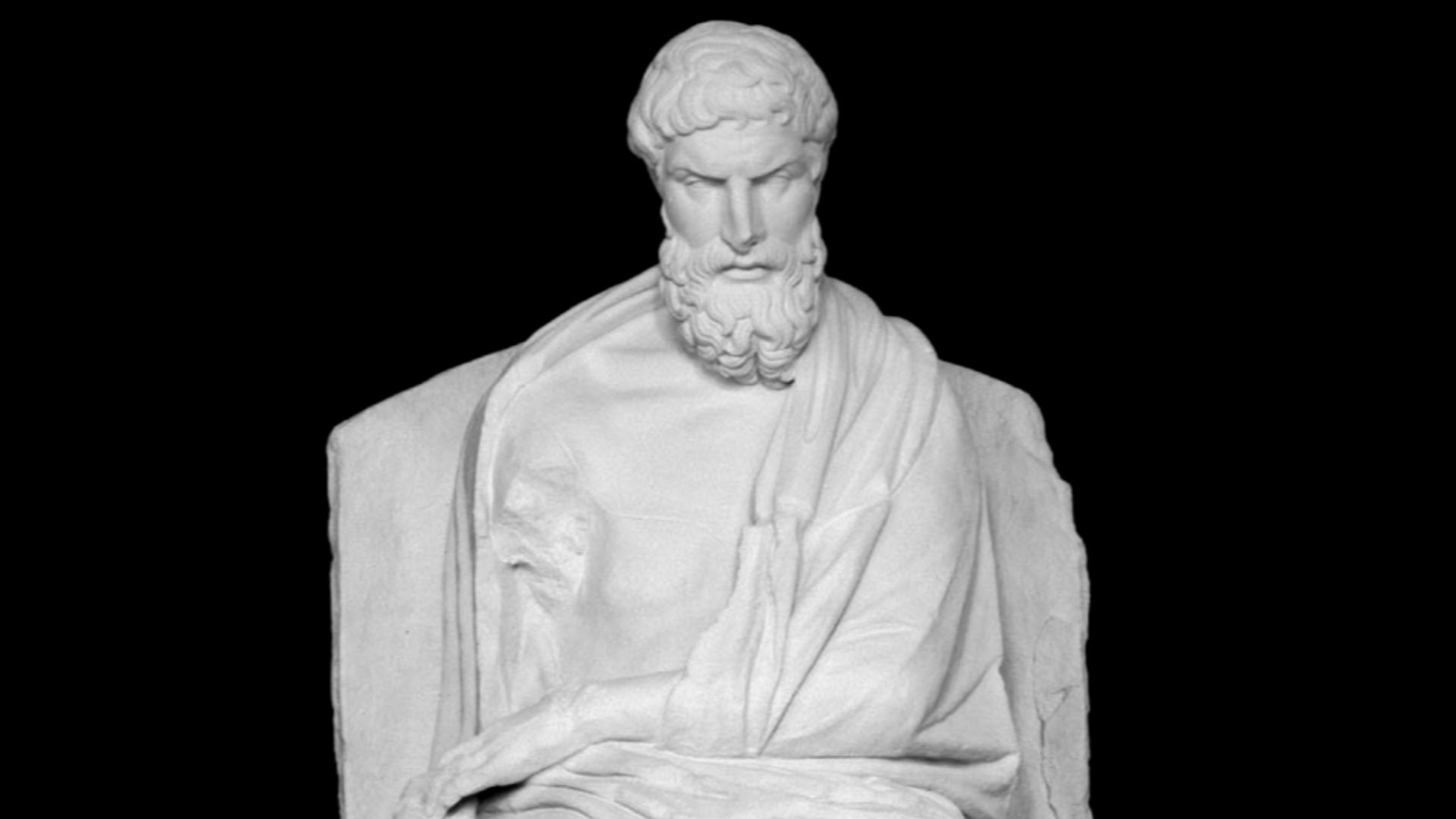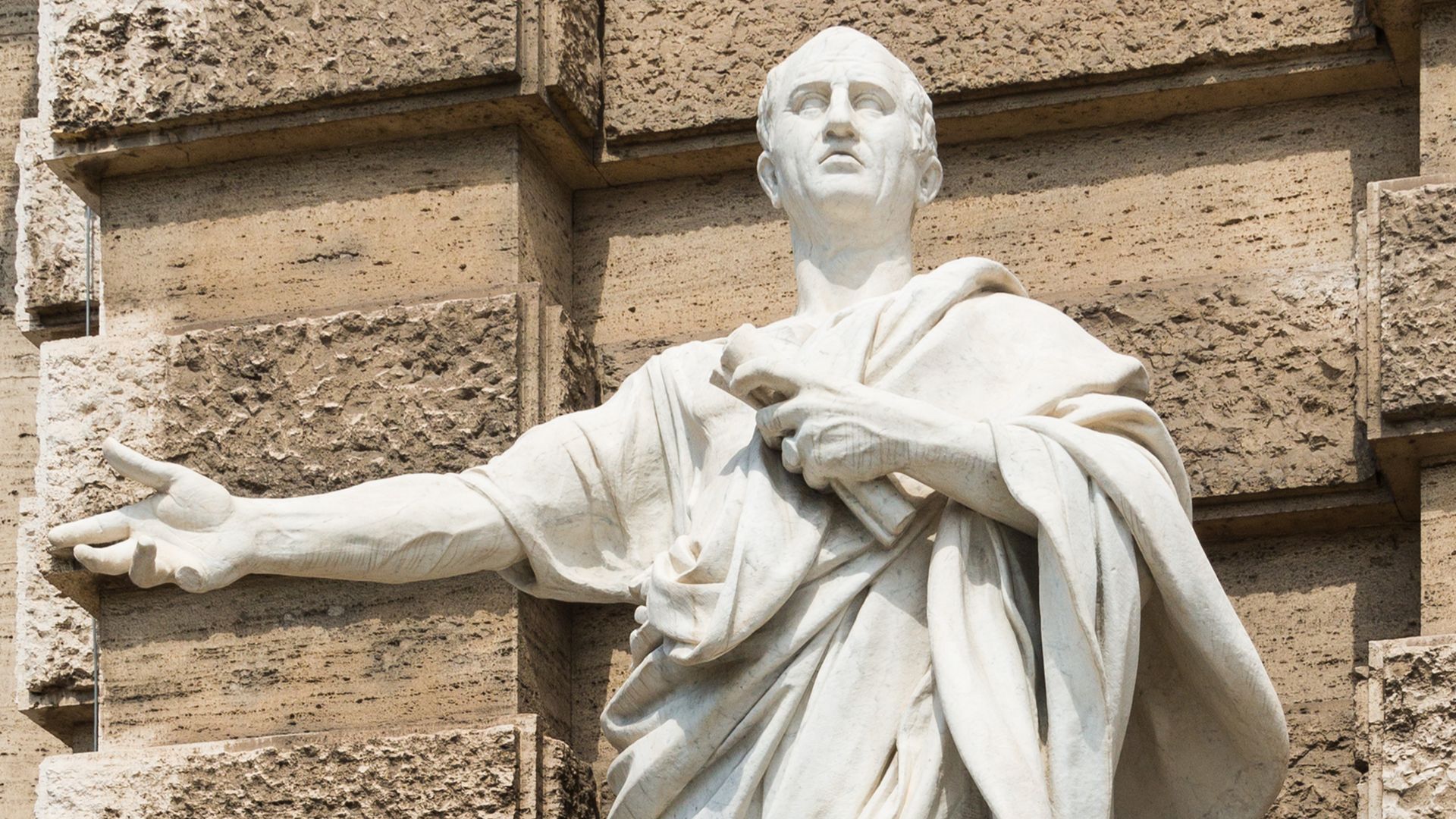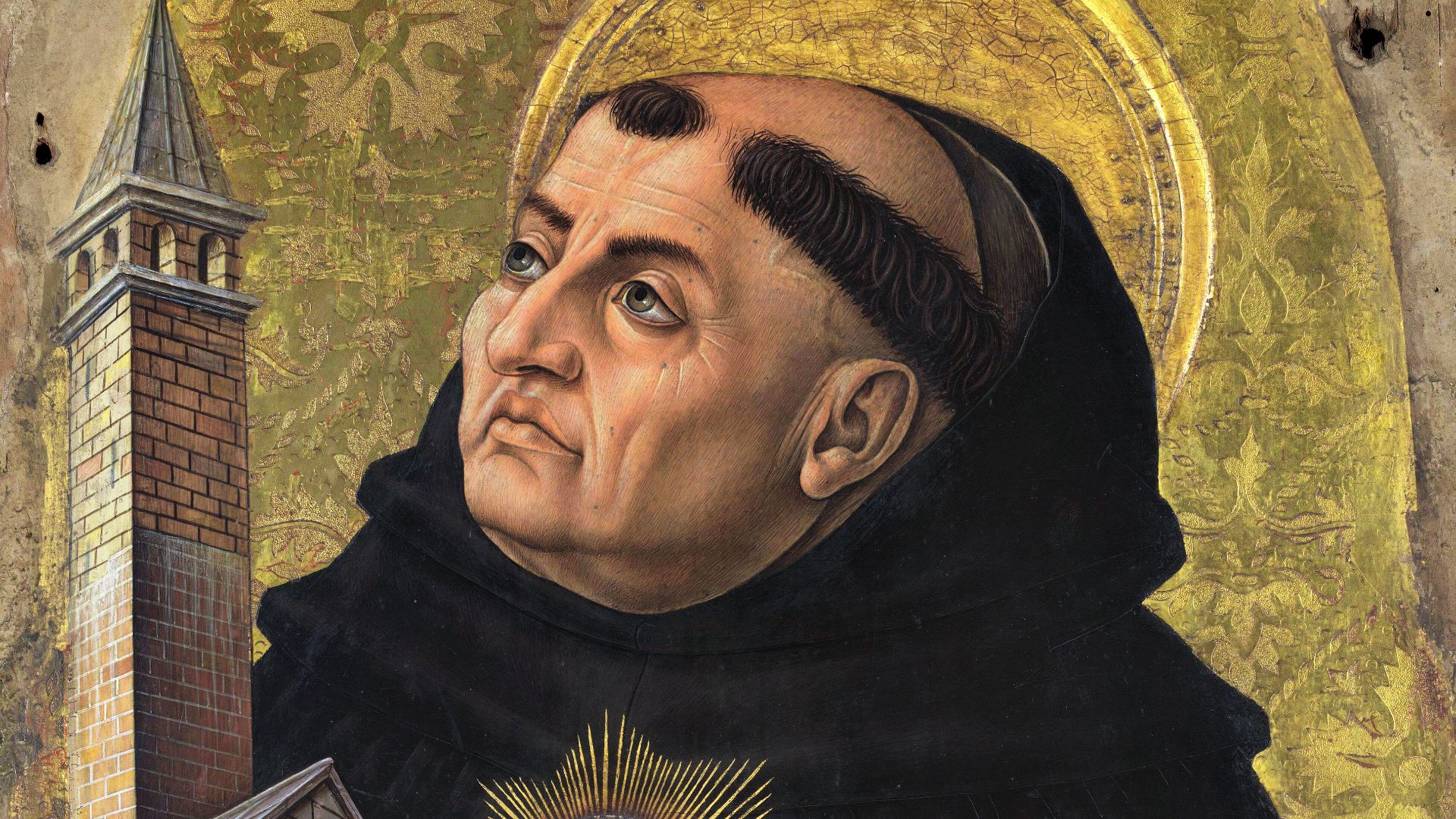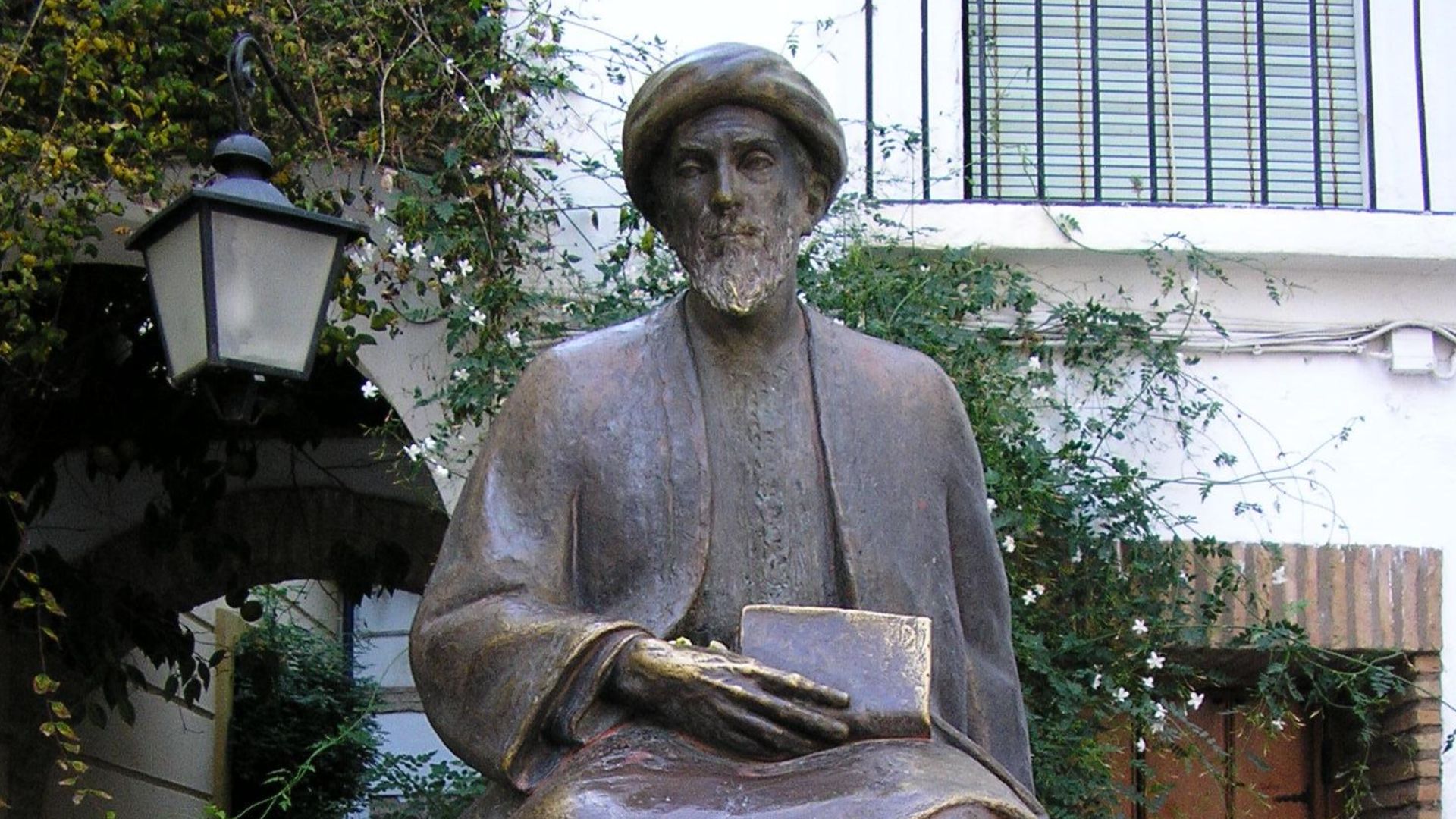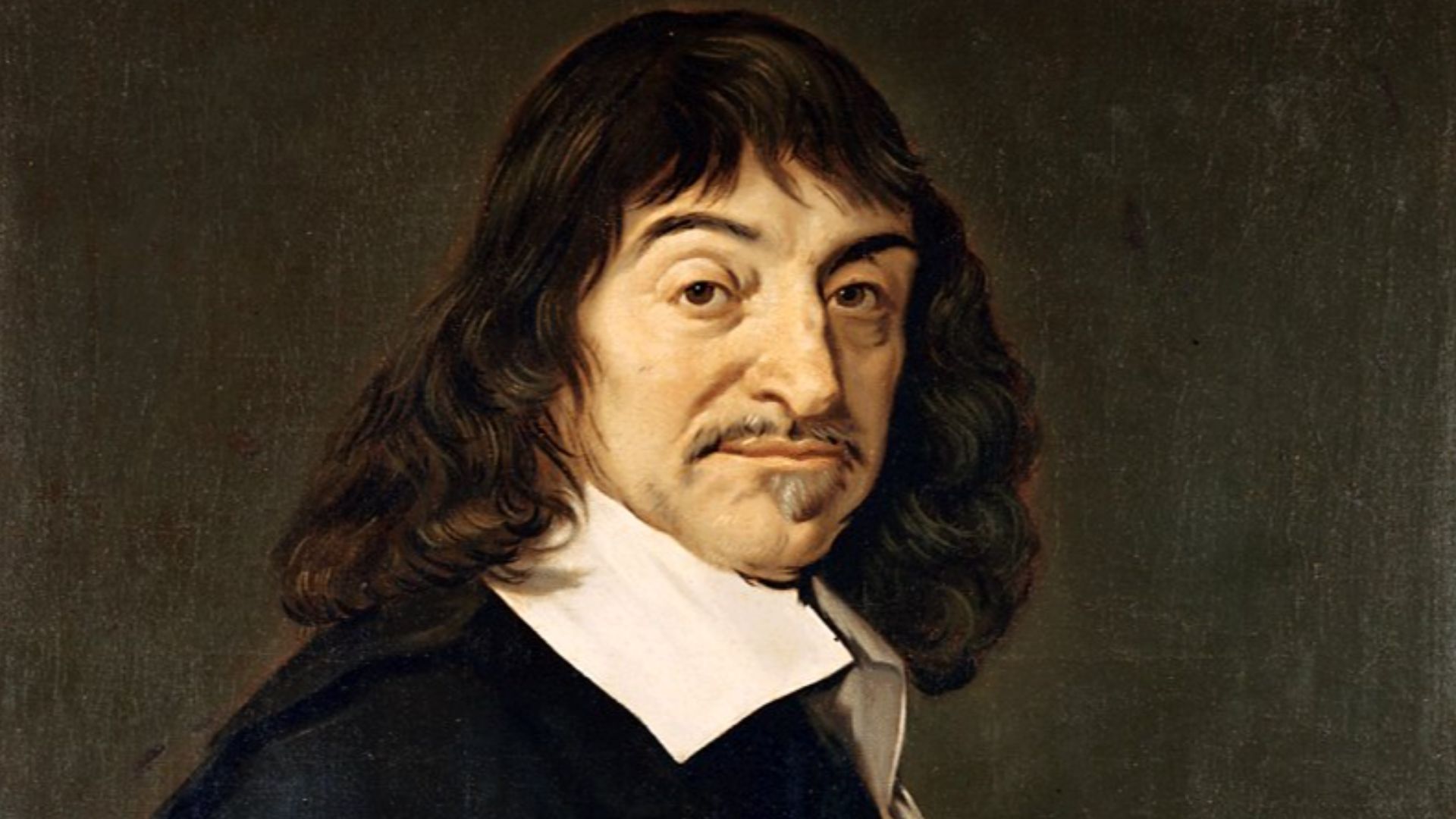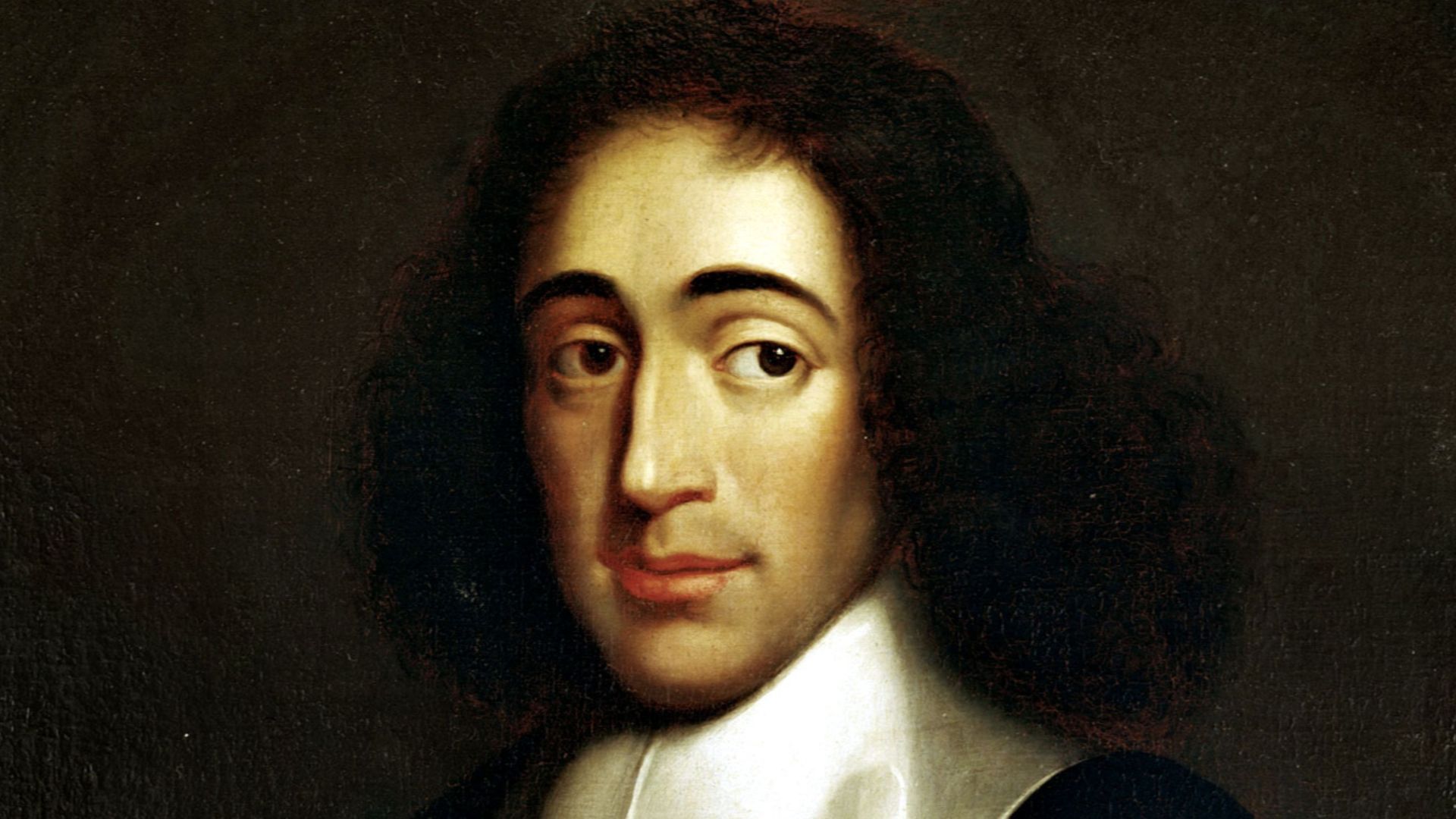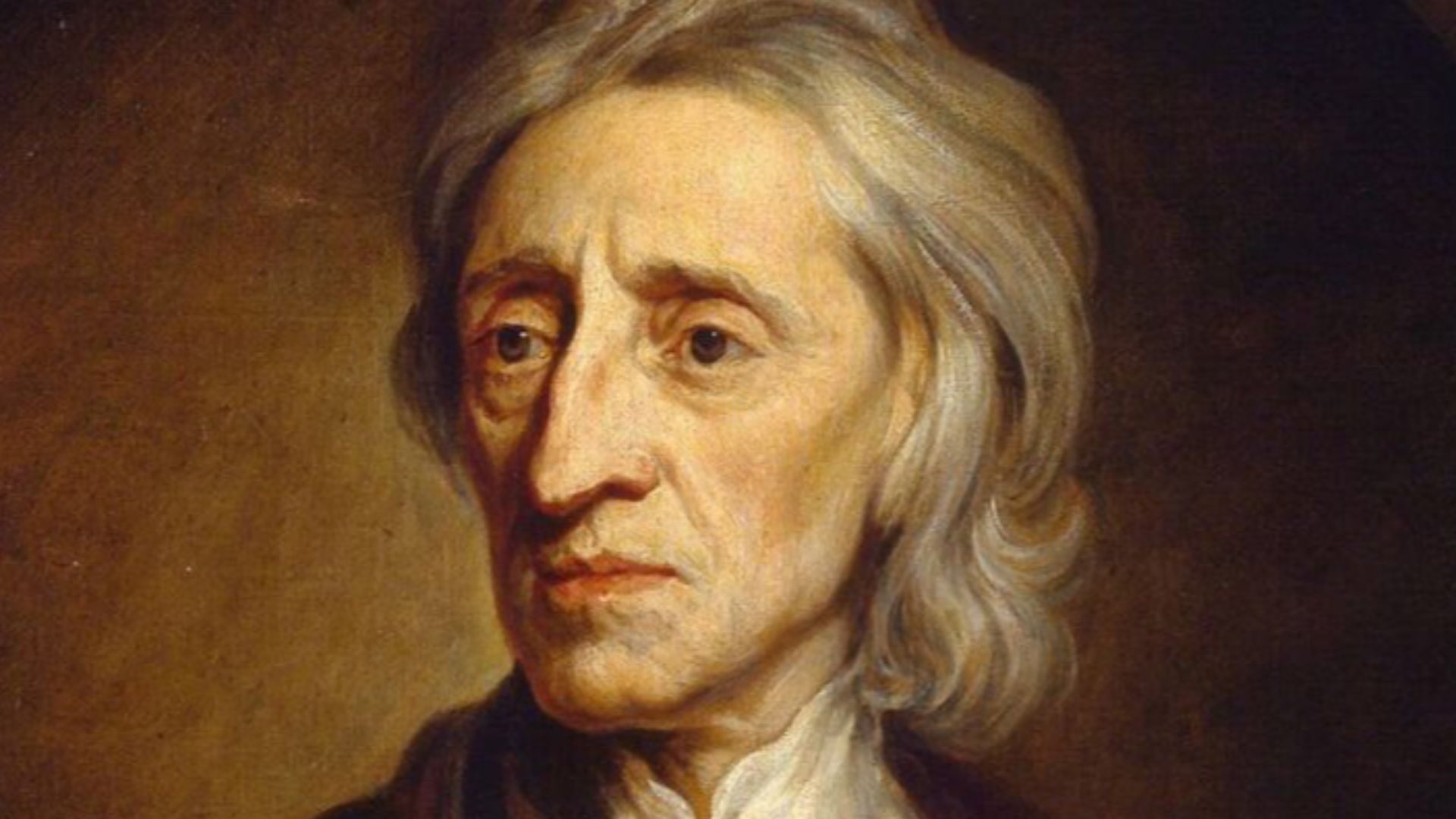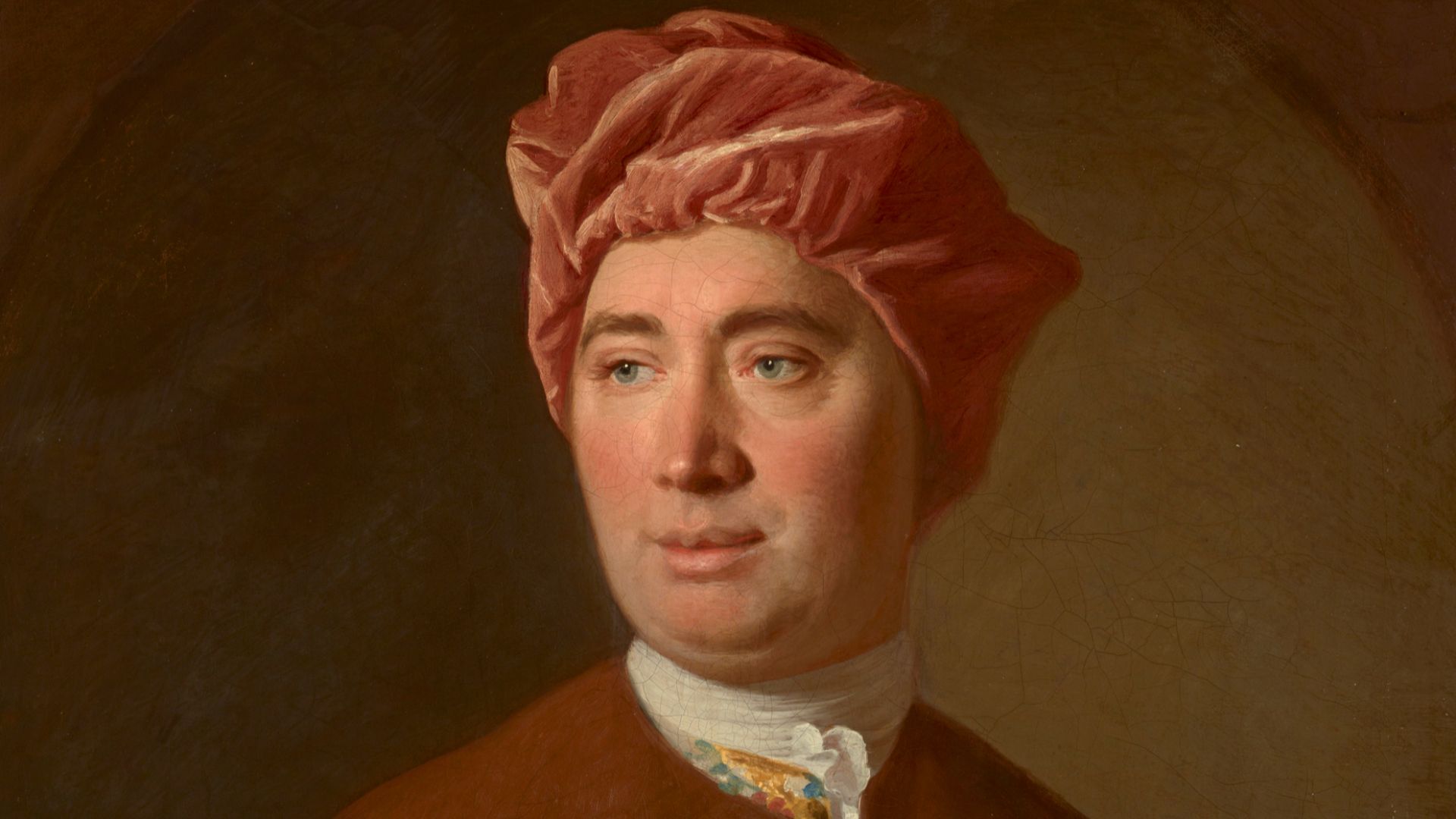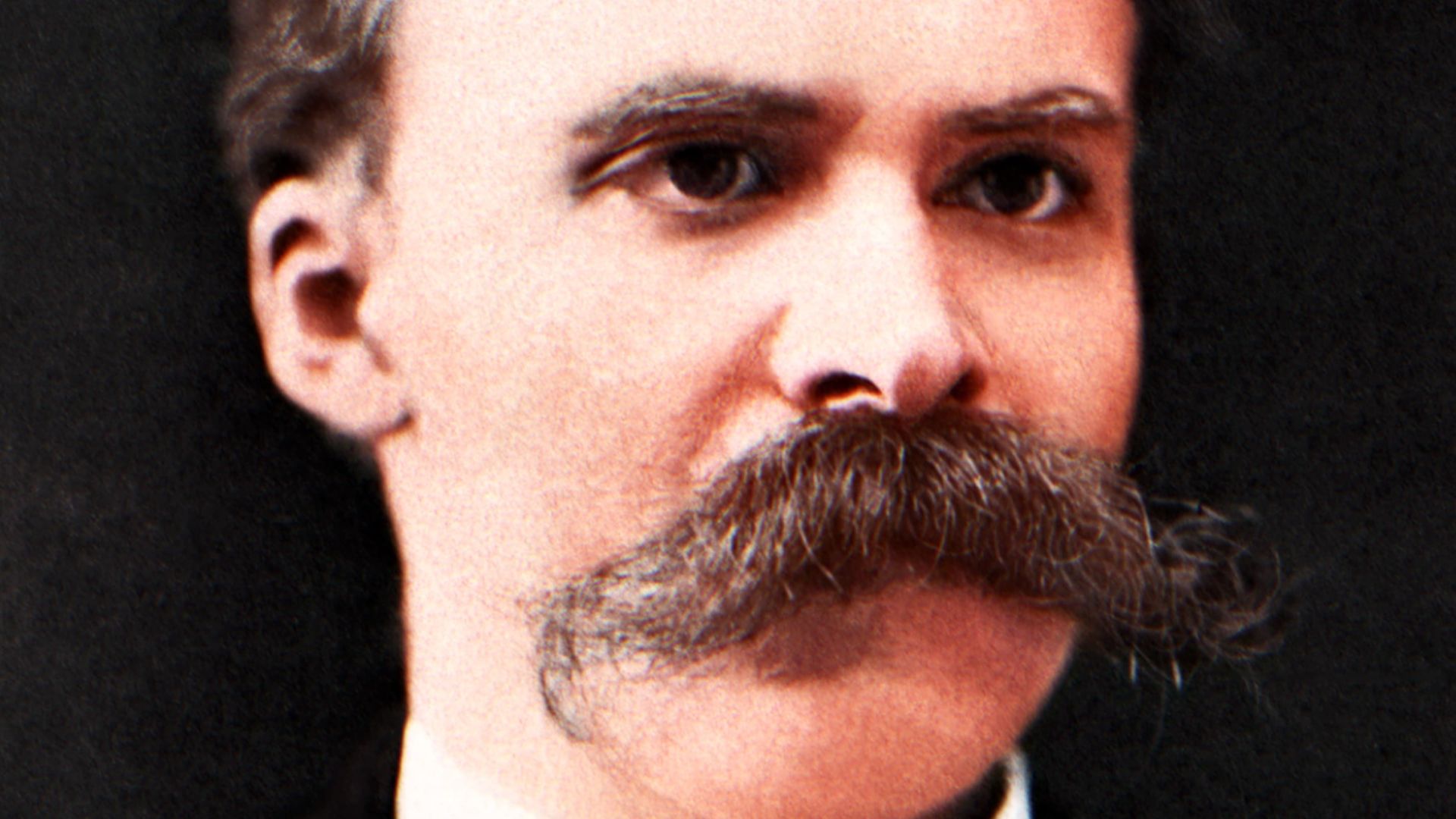Ideas That Shaped Civilizations
History's greatest philosophers from around the world have challenged norms and pushed humanity toward a deeper understanding of reality. Even today, their questions echo in classrooms and courtrooms everywhere. Those philosophers are the early architects of modern thought. If you're new to philosophy or digging in with curiosity, this journey through 20 legendary minds is a powerful place to start.
1. Socrates (470–399 BCE, Greece)
Socrates didn't write a word, but his method of relentless questioning shaped the very foundation of Western philosophy. He believed wisdom begins with recognizing one's own ignorance. His public trial and dramatic execution for "corrupting the youth" made him a martyr for truth and free thought.
2. Plato (428–348 BCE, Greece)
Plato, a devoted student of Socrates, gave us the allegory of the cave and the world of Forms—abstract ideals behind our imperfect reality. He established the Academy in Athens, one of the earliest institutions of higher education, and used dialogues to explore justice, love, education, and more.
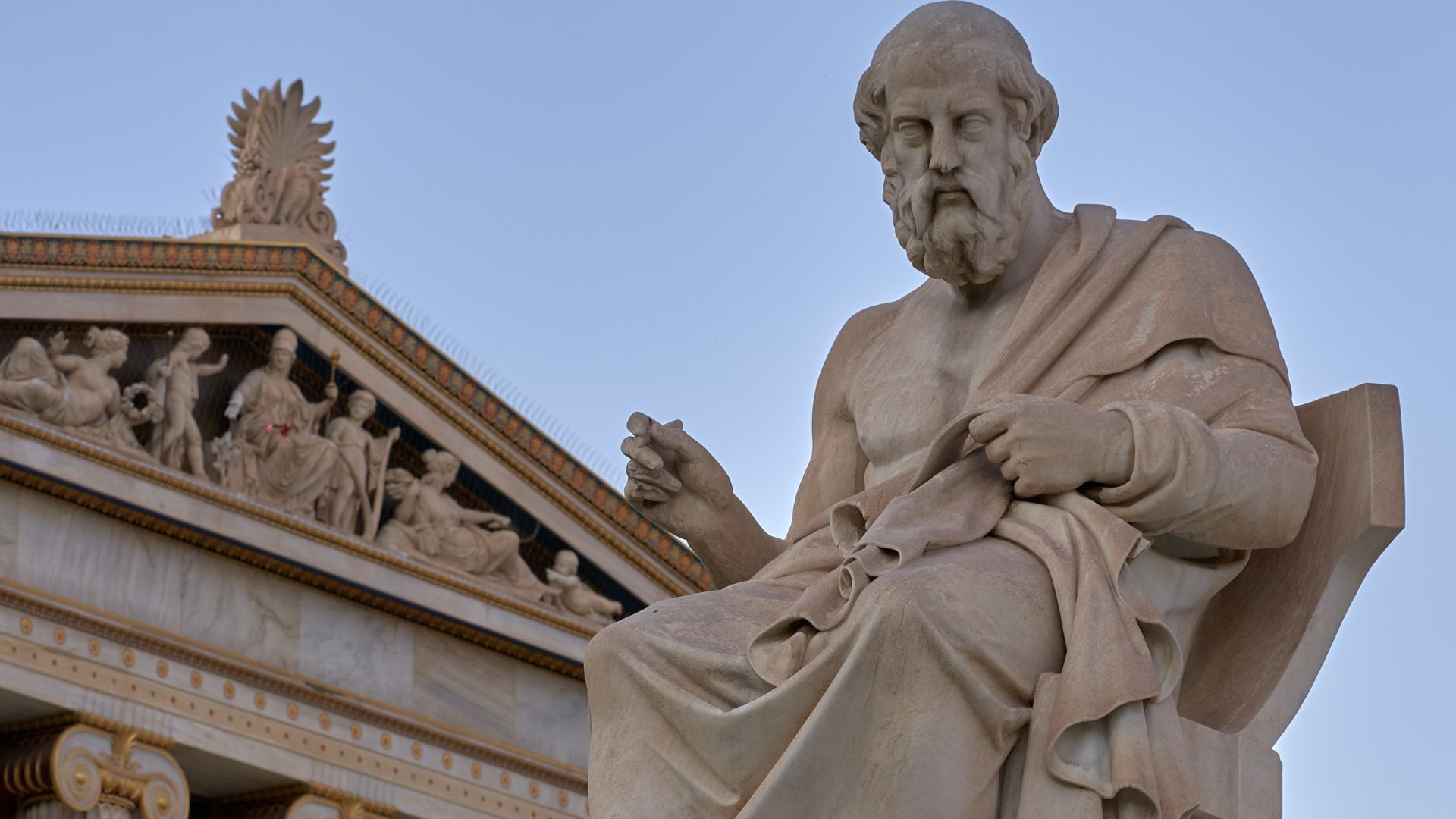 George E. Koronaios on Wikimedia
George E. Koronaios on Wikimedia
3. Aristotle (384–322 BCE, Greece)
More empiricist than his teacher Plato, Aristotle wrote on ethics, biology, metaphysics, and rhetoric. His classification systems and logical frameworks dominated medieval scholarship and have shaped politics for a millennium. No wonder he mentored Alexander the Great.
4. Confucius (551–479 BCE, China)
Confucius wasn't concerned with gods or metaphysics. Instead, he emphasized moral behavior. His Analects, compiled by followers, form the backbone of Confucianism. This influence stretched beyond China, informing the social values of East Asia for centuries.
5. Laozi (6th Century BCE?, China)
Often portrayed as a wandering sage, Laozi's teachings emphasize living in harmony with the Tao—the ineffable, flowing force behind all life. The Tao Te Ching, though brief, is one of the most translated texts in the world. Its poetic wisdom champions letting go, not controlling.
6. Epicurus (341–270 BCE, Greece)
Epicurus opened his home to anyone in search of peace and reason. Far from indulging in hedonism, his philosophy centered on modest pleasures, friendship, and the absence of fear, especially of gods or death. His Garden School was radically inclusive for its time, embracing women and enslaved people alike.
7. Zeno Of Citium (c. 334–262 BCE, Cyprus/Greece)
Stoicism began on a painted porch in Athens, where Zeno taught that inner peace comes from accepting what we can't control. Reason, virtue, and self-discipline were at its heart. His ideas laid the groundwork for later Roman thinkers like Marcus Aurelius and Seneca.
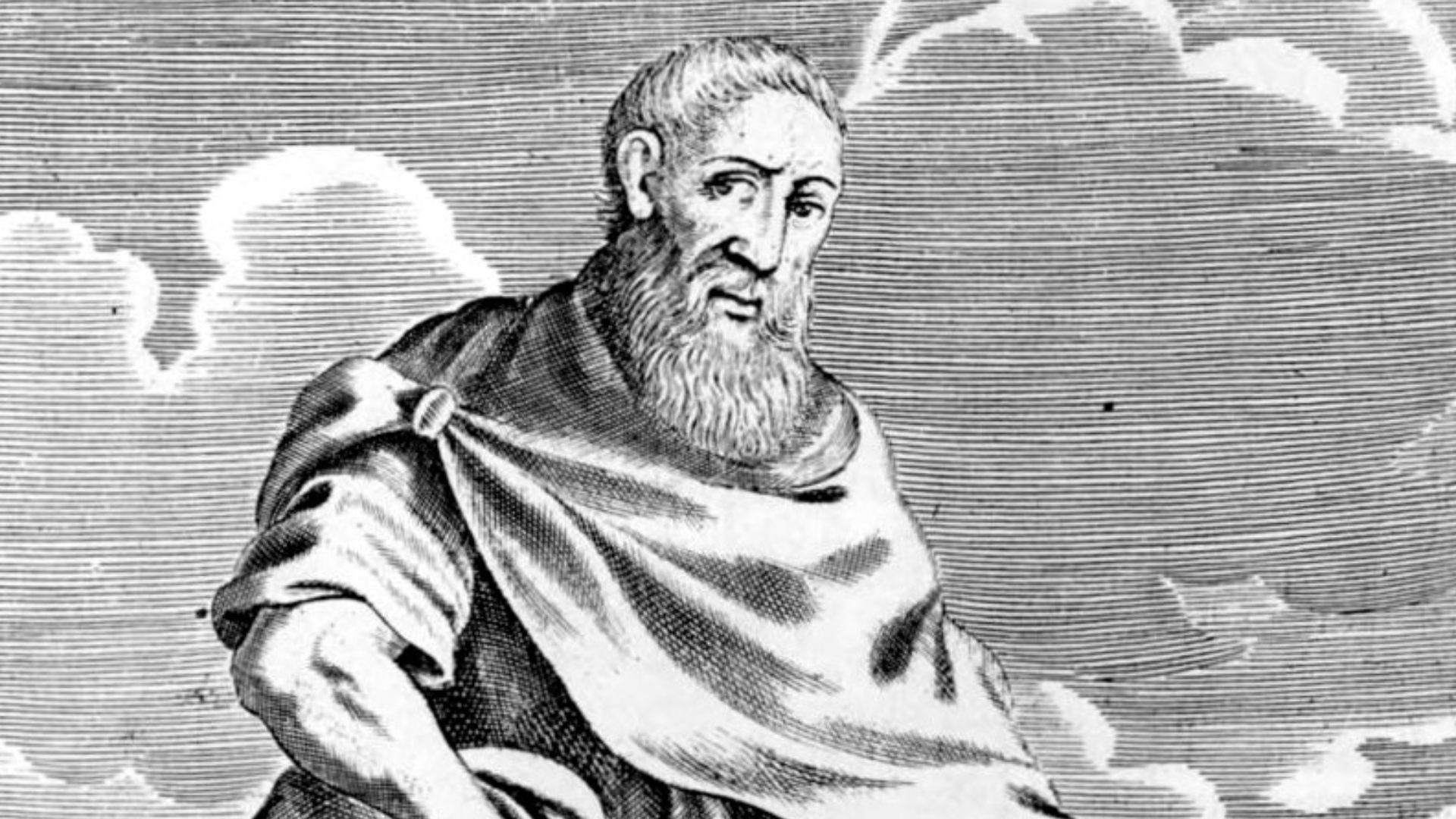 Unknown authorUnknown author on Wikimedia
Unknown authorUnknown author on Wikimedia
8. Cicero (106–43 BCE, Rome)
A master of rhetoric and a fierce defender of the republic, Cicero brought Greek ideas into Roman public life. He linked law with morality, inspiring future thinkers in the fields of civil rights and government. Though killed for his politics, Cicero’s writings survived to shape Renaissance humanism.
9. Augustine Of Hippo (354–430 CE, Roman North Africa)
Augustine's early life of pleasure gave way to deep spiritual searching. In Confessions, he reflects on guilt, grace, and divine love. His fusion of Platonic thought with Christian doctrine set the tone for medieval theology and Western views of sin, will, and redemption.
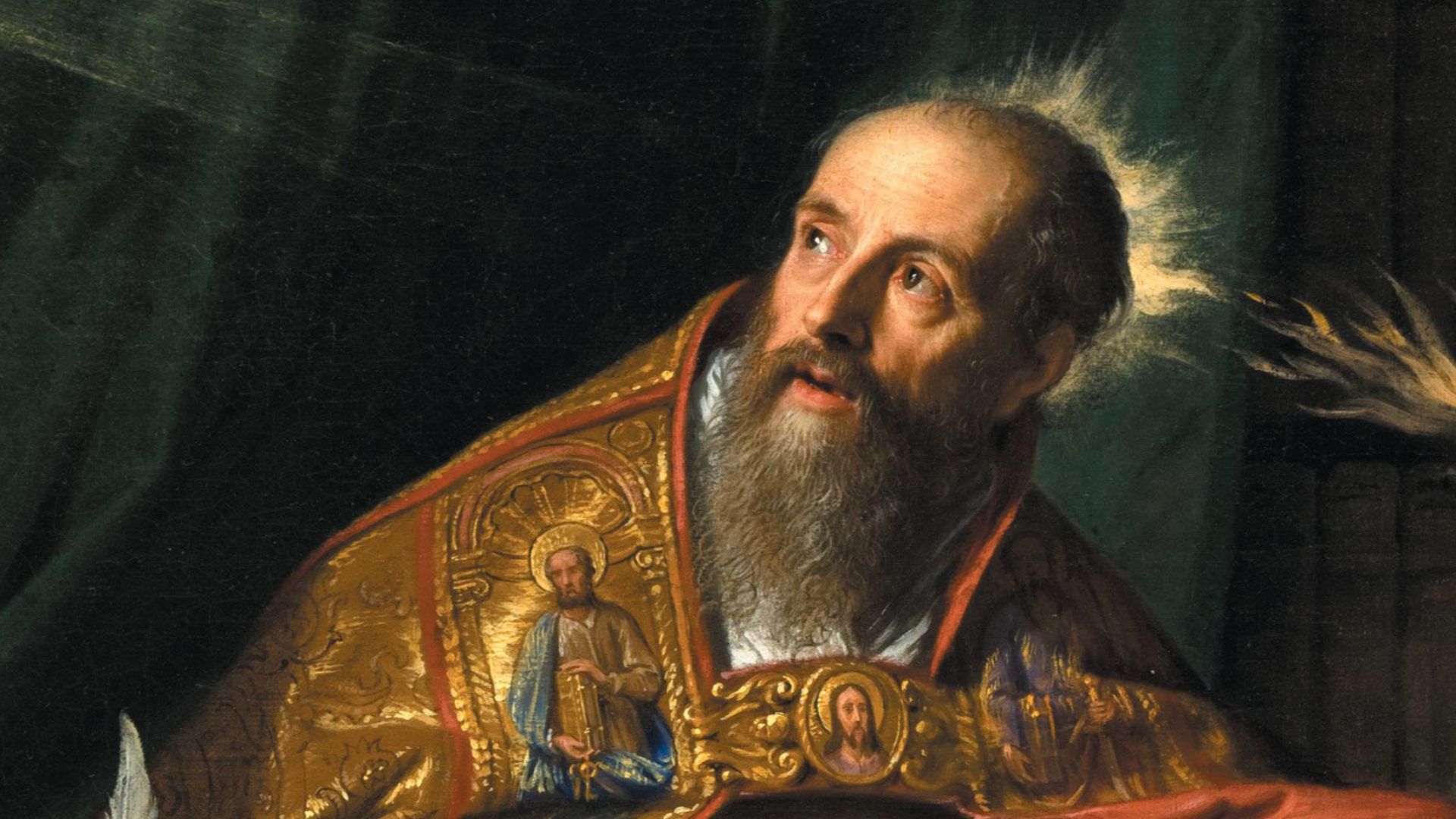 Philippe de Champaigne on Wikimedia
Philippe de Champaigne on Wikimedia
10. Avicenna (980–1037 CE, Persia)
Also known as Ibn Sina, Avicenna was a philosopher, physician, and polymath. The Canon of Medicine, written by him, became a standard text in Europe and the Islamic world. He employed logic and Neoplatonic ideas to reconcile philosophy and faith.
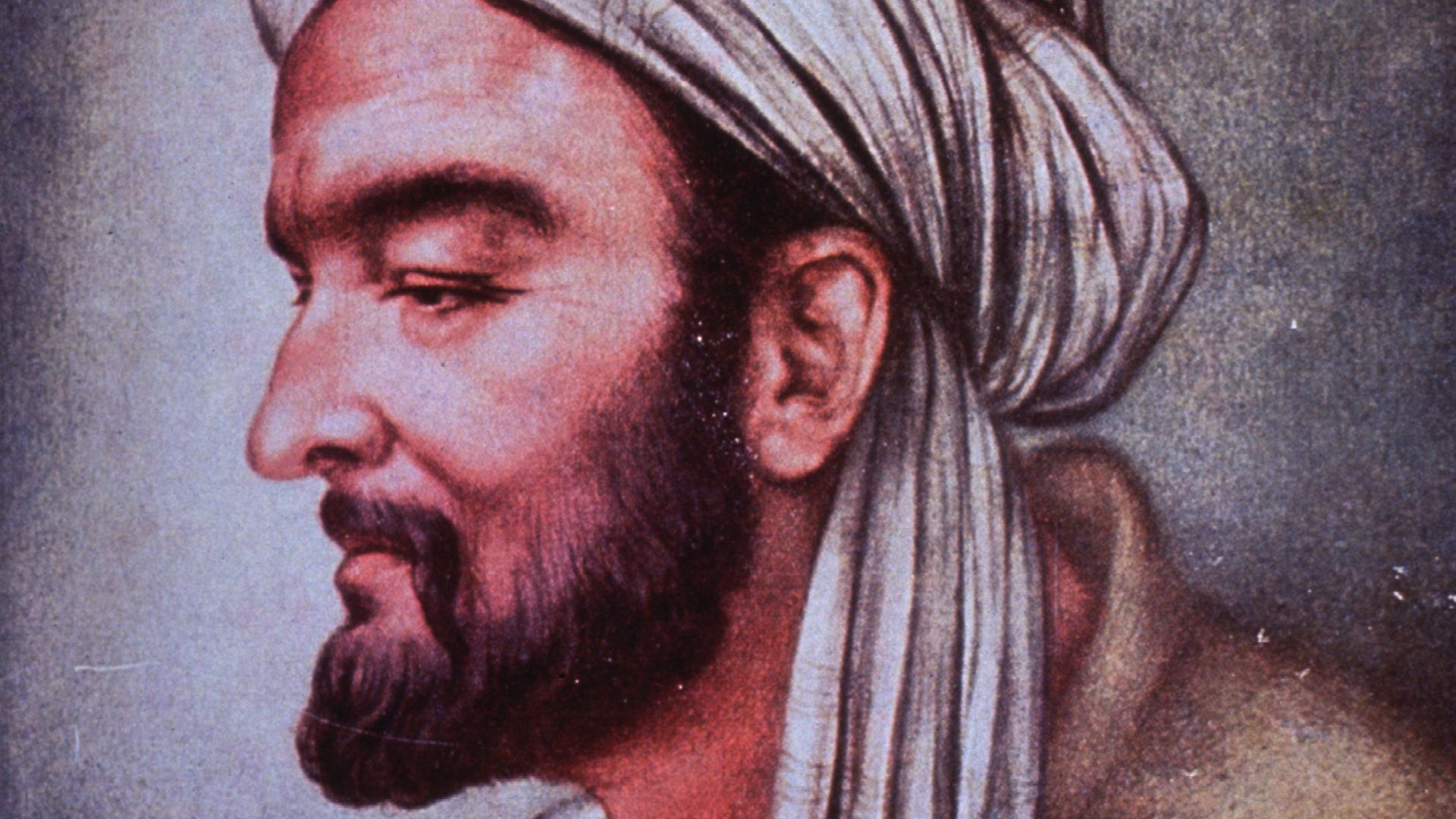 National Library of Medicine on Wikimedia
National Library of Medicine on Wikimedia
11. Thomas Aquinas (1225–1274 CE, Italy)
Aquinas believed reason and revelation were not enemies but allies. In Summa Theologica, he structured Christian doctrine using Aristotelian logic. His work shaped Catholic education for centuries and remains a cornerstone of natural law theory and theological debate.
12. Maimonides (1138–1204 CE, Spain/Egypt)
Maimonides sought clarity in a world of religious confusion—his Guide for the Perplexed wrestles with contradictions between reason and scripture. As a rabbi and physician, he balanced intellect with compassion, influencing Jewish thought and echoing through Islamic and Christian theology as well.
13. René Descartes (1596–1650, France)
With a single sentence—"I think, therefore I am"—Descartes rebooted philosophy. He embraced radical doubt, questioning everything that couldn't be logically proven. His dualism of mind and body defined modern metaphysics, while his methods laid the groundwork for modern scientific inquiry.
14. Baruch Spinoza (1632–1677, Netherlands)
Exiled by his religious community, Spinoza dared to define God as synonymous with nature and reason. His ethics emphasized intellectual love and necessity over free will. Though dismissed in his lifetime, he later became a favorite of Enlightenment thinkers and secular philosophers.
15. John Locke (1632–1704, England)
Locke's ideas on natural rights, which encompass life, liberty, and property, shaped constitutions. He emphasized personal experience as the source of knowledge, laying the groundwork for empiricism. His political writings continue to influence debates on freedom and government power.
16. David Hume (1711–1776, Scotland)
Hume questioned cause and effect, identity, and religion—all with clarity and wit. He argued that reason is the slave of the passions and that human behavior is rooted in emotion rather than logic. His work shaped psychology, skepticism, and modern scientific thinking.
17. Immanuel Kant (1724–1804, Germany)
Kant believed we construct reality through experience and reason. His "categorical imperative" urged people to act as if their choices could become universal laws. Though famously dense, his work profoundly shifted ethics and the role of reason in human life.
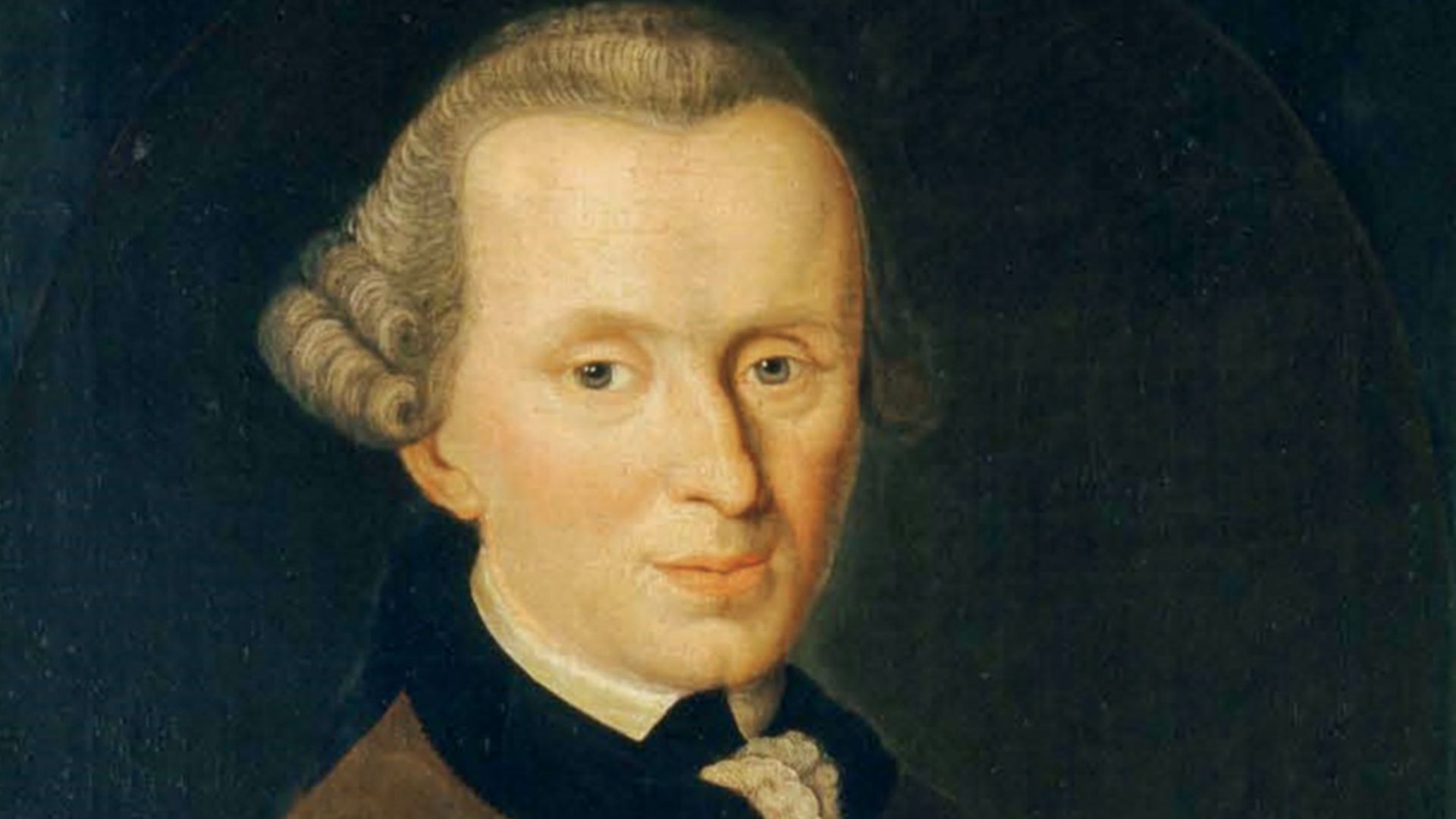 Johann Gottlieb Becker (1720-1782) on Wikimedia
Johann Gottlieb Becker (1720-1782) on Wikimedia
18. Georg Wilhelm Friedrich Hegel (1770–1831, Germany)
History, according to Hegel, advances through conflict. His concept of dialectics, where opposing ideas evolve into higher truths, shaped everything from Marxism to psychoanalysis. Although dense and often debated, his legacy lives on in modern discussions of identity, progress, and freedom.
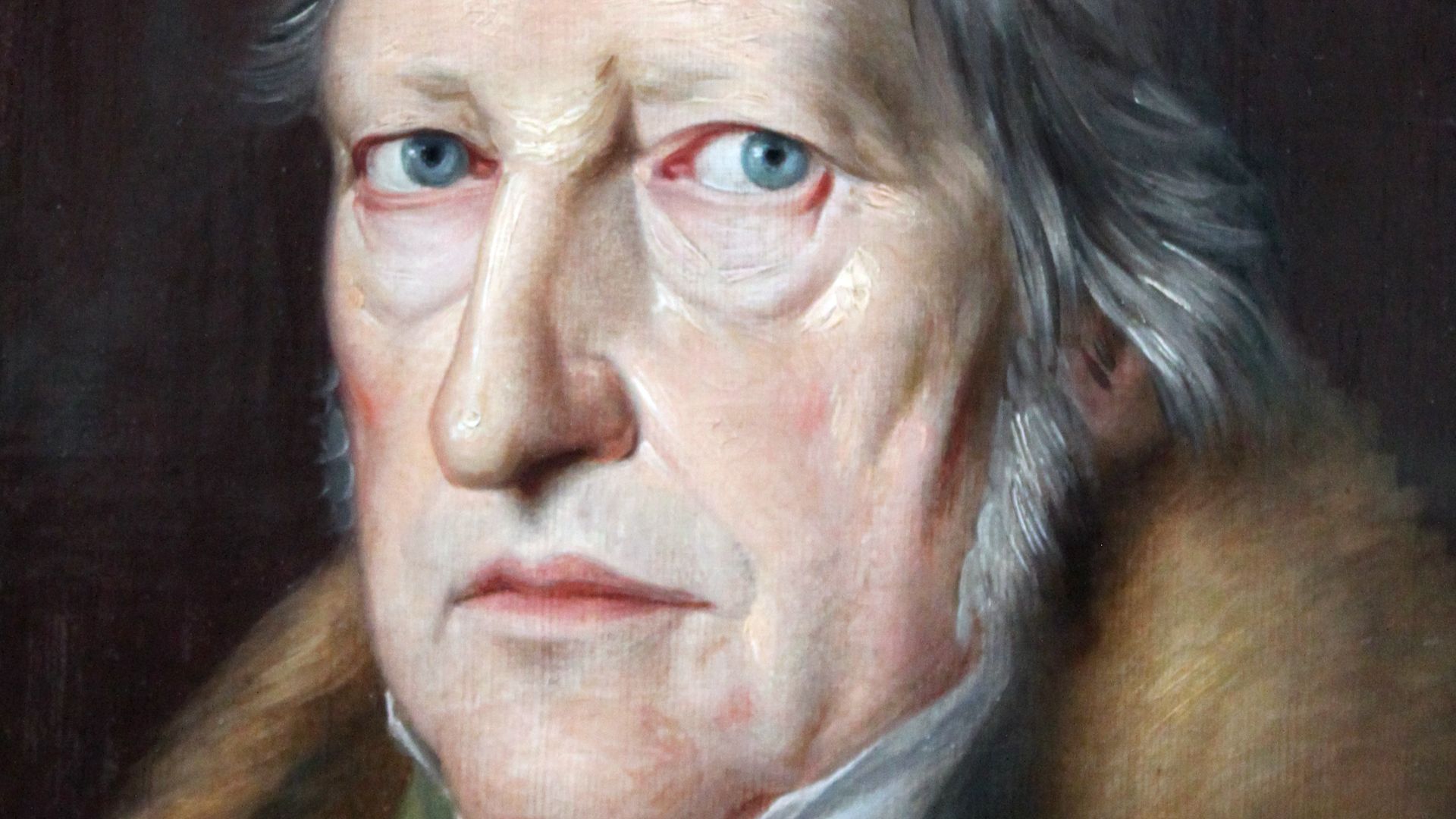 Jakob Schlesinger on Wikimedia
Jakob Schlesinger on Wikimedia
19. Søren Kierkegaard (1813–1855, Denmark)
Modern existentialism owes much to this passionate Danish thinker who preferred pseudonyms and irony to academic rigidity. Rather than offer tidy systems, Kierkegaard wrestled with the contradictions of faith, freedom, and despair, calling individuals to confront their inner lives with honesty and commitment.
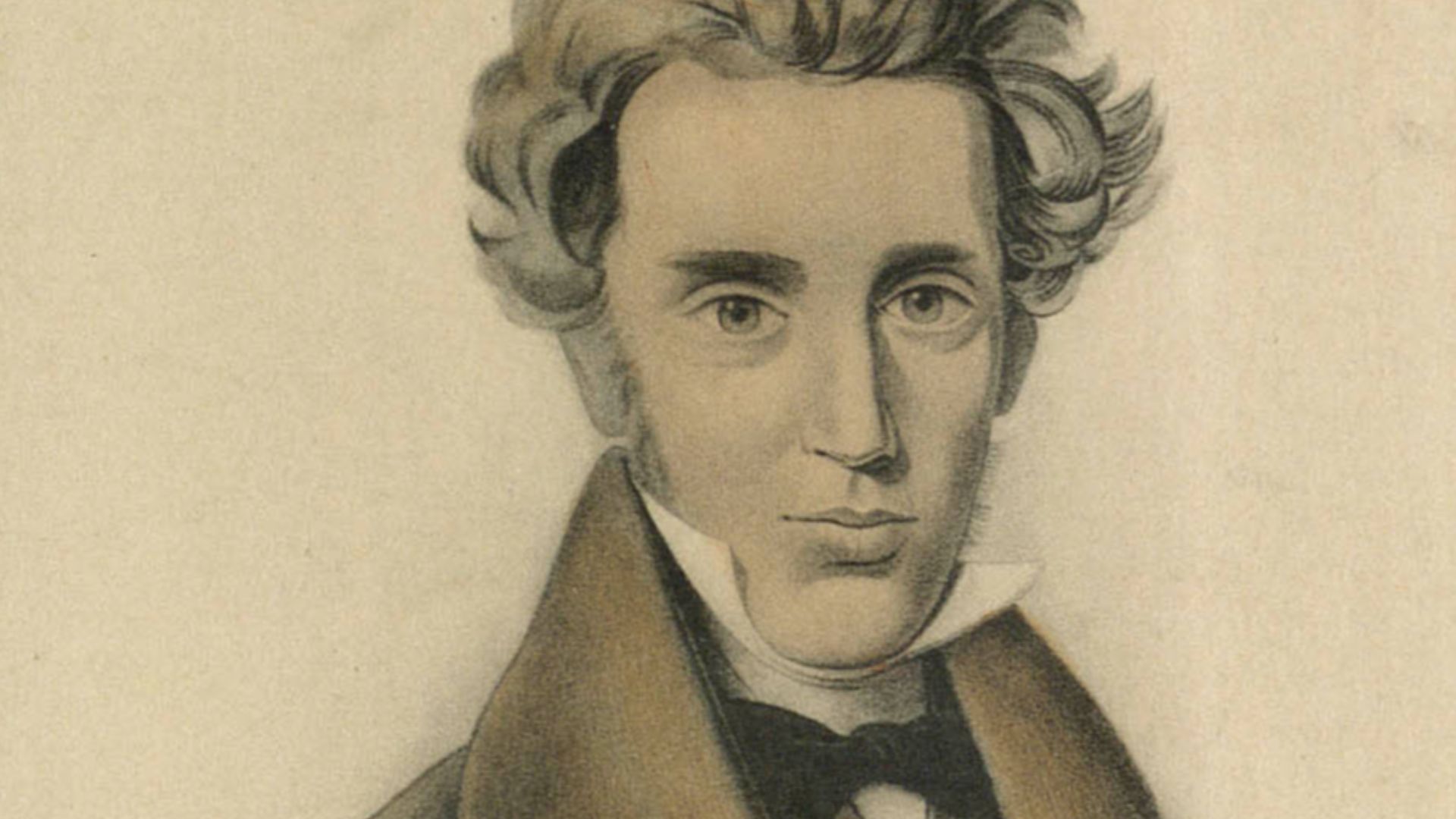 The Royal Library, Denmark on Wikimedia
The Royal Library, Denmark on Wikimedia
20. Friedrich Nietzsche (1844–1900, Germany)
No philosopher stirred the pot quite like Nietzsche. His fierce critiques of morality and religion urged people to live creatively and powerfully. Misread by many and celebrated by others, he remains a towering figure who dared to ask what comes after the death of old gods.
KEEP ON READING

The 10 Youngest Monarchs In History & The 10 Oldest
Age Is Just A Number. Imagine being crowned king or…
By Chase Wexler Mar 11, 2025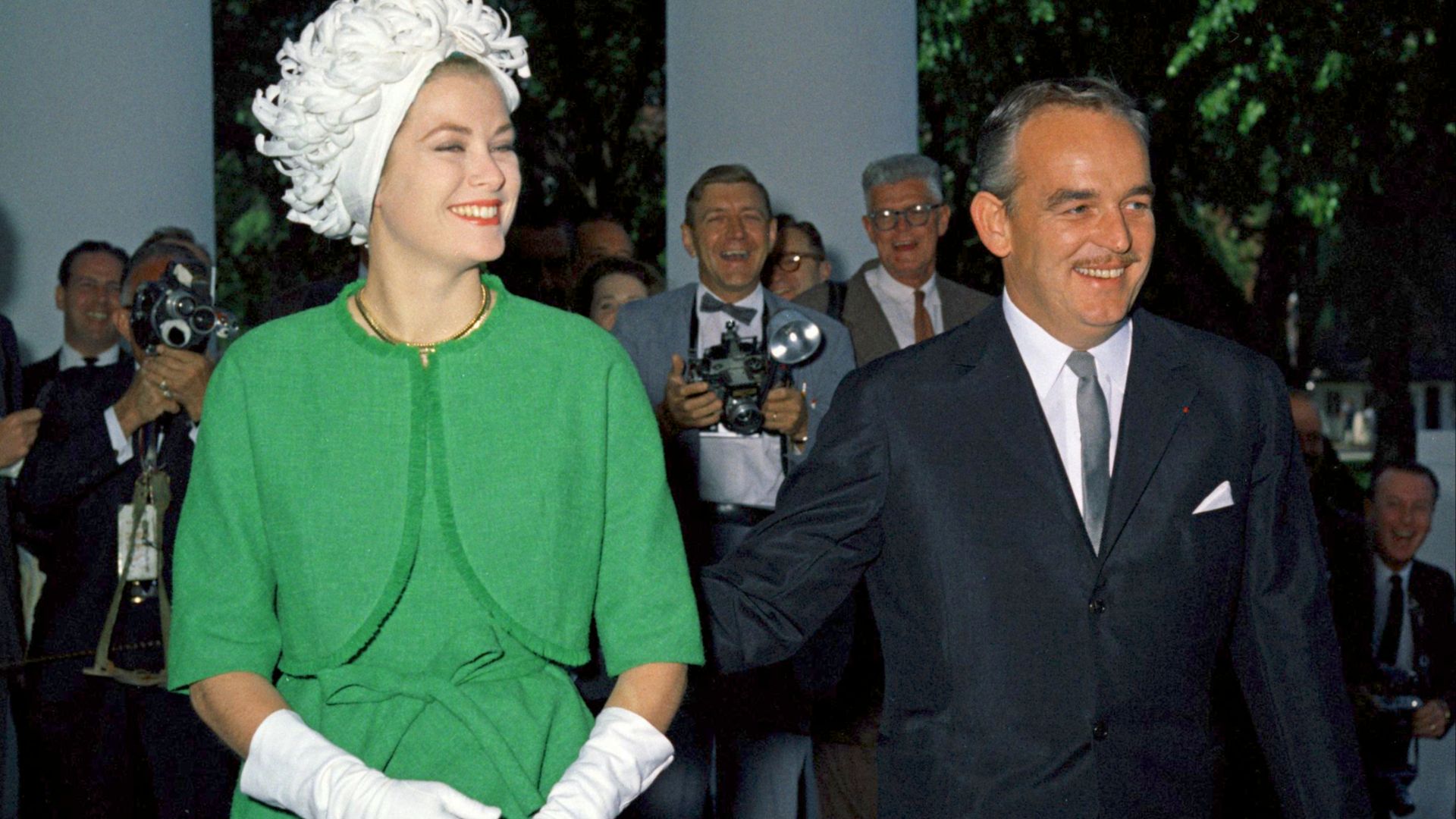
You Think You Have Problems? These Royal Families Were Cursed
Boasson and Eggler St. Petersburg Nevsky 24. on WikimediaHeavy is…
By Ashley Bast Dec 5, 2025
You Can Thank This Greek-Canadian For Creating Pineapple On Pizza…
Love it or hate it, pineapple on pizza sparks debate…
By David Davidovic Dec 1, 2025
Yes, Female Gladiators Existed, And Here's Everything You Need To…
History of Women in Combat. Most people picture gladiators as…
By David Davidovic Jan 17, 2026
Yes, Australians Once Lost A Battle Against Flightless Birds
David Clode on UnsplashIn 1932, the Australian military went to…
By David Davidovic Nov 24, 2025
The Y2K Bug: Why Did Everyone Think Year 2000 Was…
Alan W on UnsplashOn December 31, 1999, people all over…
By Christy Chan Dec 22, 2025

